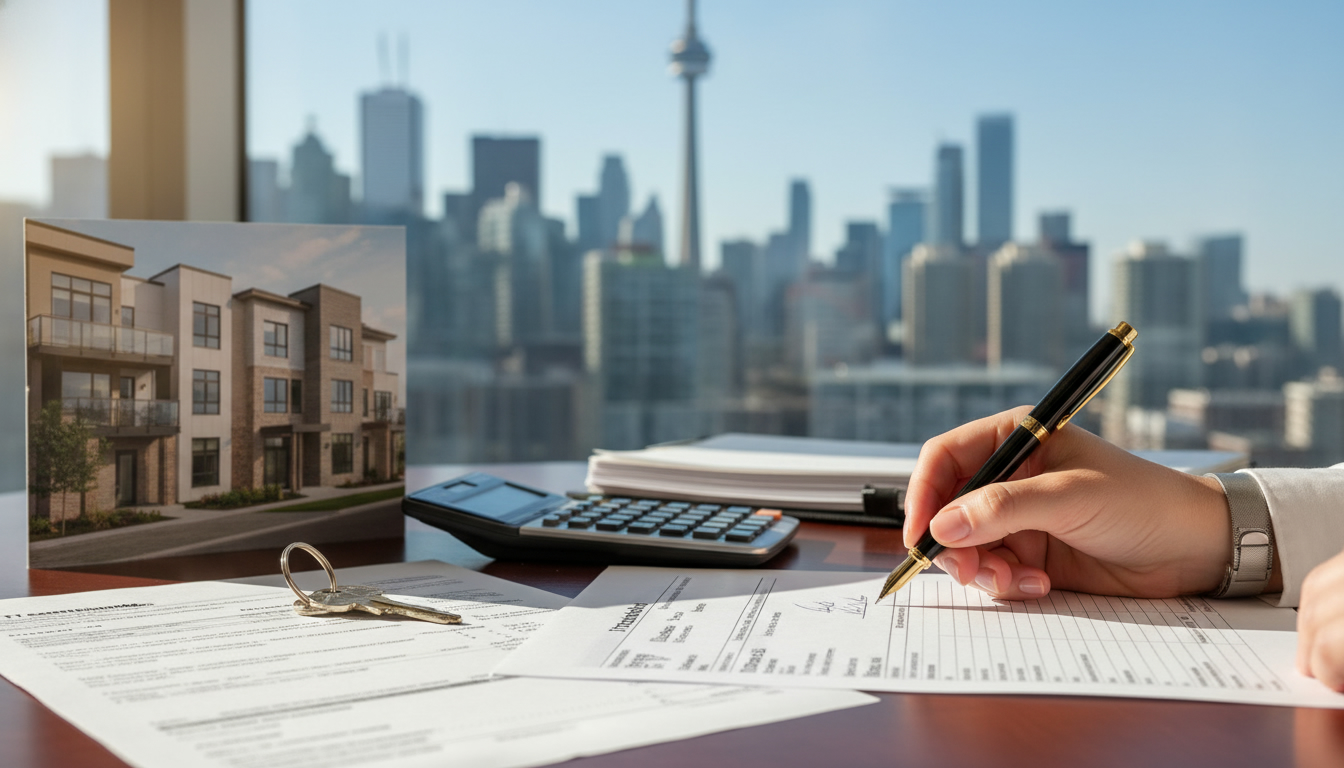How are investment properties taxed?
Shocking clarity: How are investment properties taxed — the blunt guide that keeps more cash in your pocket.
Quick answer
Investment properties generate taxable rental income. You report rental income, subtract allowed expenses, and pay tax on net income. When you sell, you face capital gains tax and may owe recapture on claimed depreciation (CCA in Canada). Rules vary by country; below focuses on Canadian rules with notes for U.S. readers.
How rental income is taxed
Rental income is ordinary income. Collect rent, report all receipts. Deduct permitted expenses in the same tax year. The net becomes taxable at your marginal rate. Keep clear records: bank statements, leases, invoices.
Common deductible expenses
- Mortgage interest on the rental loan
- Property taxes
- Insurance
- Repairs and maintenance (routine fixes)
- Property management fees and advertising
- Utilities and condo fees (if you pay them)
- Professional fees: legal, accounting
- Capital Cost Allowance (CCA) — Canada’s depreciation. Claiming CCA reduces current tax but can create recapture on sale.
Note: Improvements that extend the property’s life are capital expenditures, not current deductions. They’re added to the property’s cost base.

Capital gains when you sell
Selling an investment property triggers a capital gain or loss. In Canada, only 50% of the gain is taxable. Example: Buy $500,000, sell $700,000. Gain = $200,000; taxable portion = $100,000.
In the U.S., capital gains rules differ: long-term vs short-term rates, depreciation recapture taxed at special rates.
Depreciation and recapture explained
You can claim depreciation (CCA) to lower annual taxable income. If you claim it, the tax authority may add back (recapture) some or all of that depreciation when you sell if sale proceeds exceed the undepreciated capital cost. Recapture is taxed as income in the year of sale. Plan depreciation claims with a tax pro.
Principal residence and mixed-use rules
If you lived in the property for part of the time, rules get complex. The principal residence exemption may cover some years in Canada, reducing taxable gain. Always document occupancy and dates.
How to legally reduce tax on investment properties
- Track every expense and receipt
- Use capital cost allowance strategically
- Time repairs vs improvements to maximize current deductions
- Consider tax-efficient ownership structures (corporation, trust) with a tax advisor
- Use loss carryforwards and rental losses wisely

Final word: act with an expert
Taxes on investment properties are predictable if you plan. Small mistakes cost big money. For local market and tax strategy advice, contact Tony Sousa — top local real estate expert who works with tax pros to protect investor returns.
Contact: tony@sousasells.ca | 416-477-2620 | https://www.sousasells.ca





















